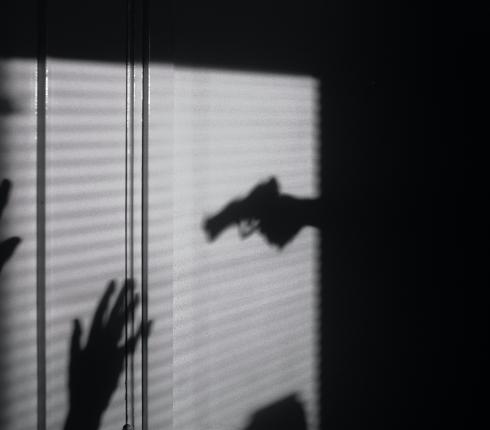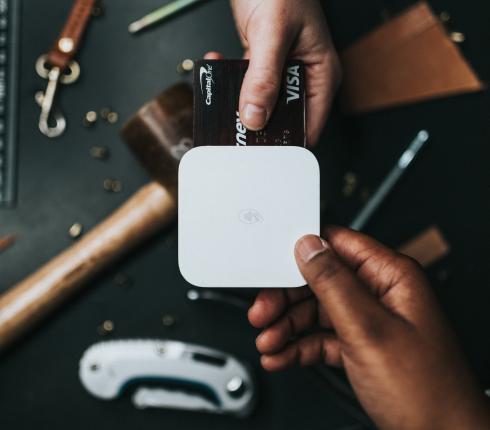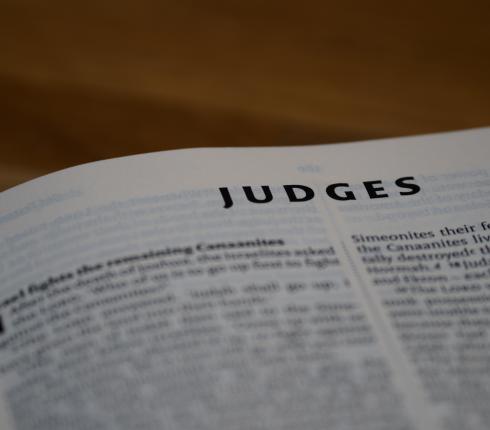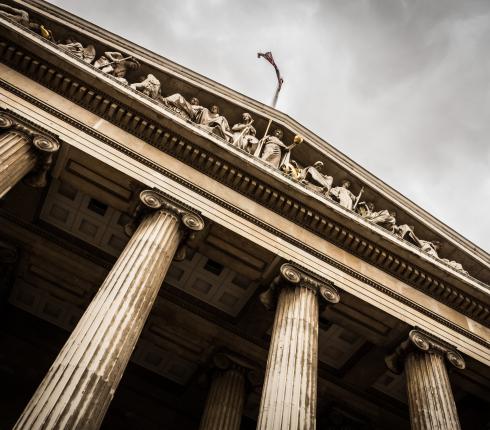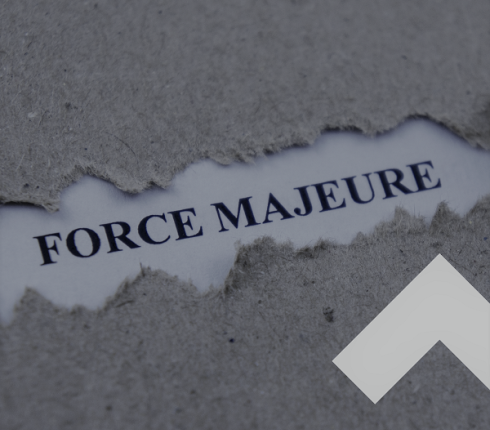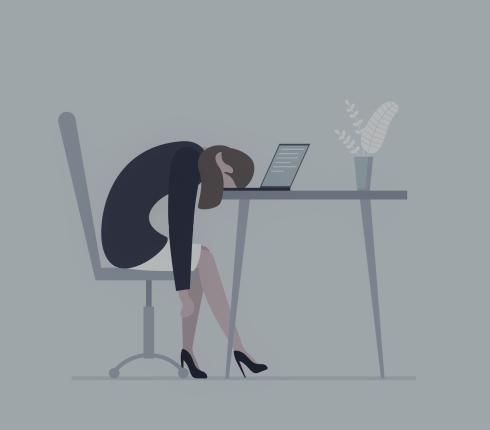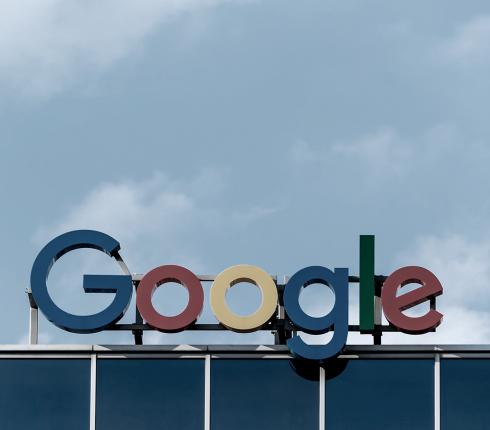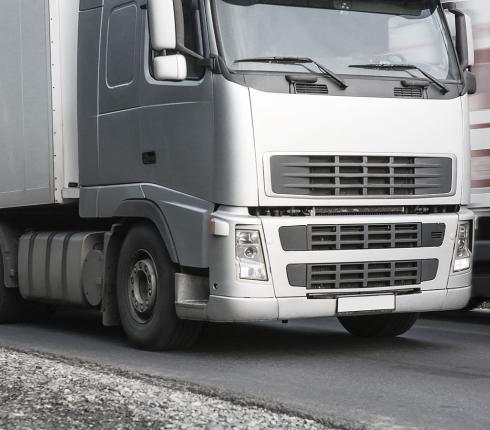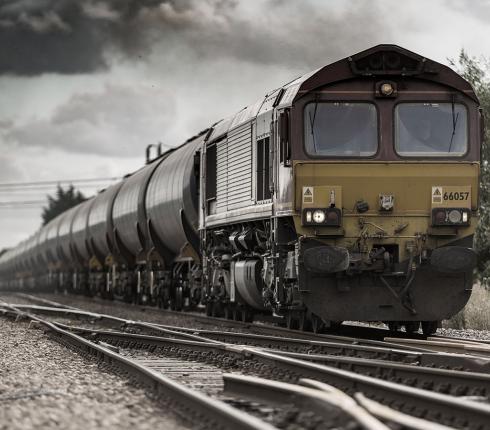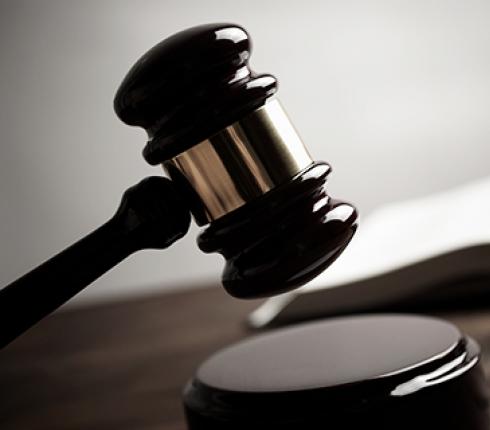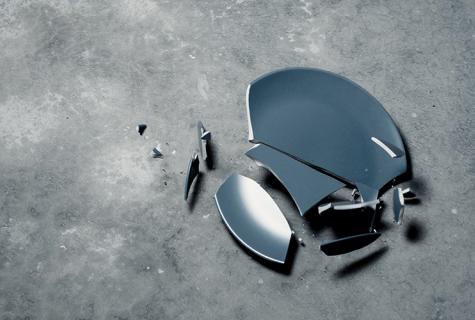Inspection expenses were not covered under product recall insurance – a company's dilemma
The Danish Supreme Court recently ruled in an interesting case concerning the question of whether expenses for inspecting a number of refrigerators installed in kiosks and retail stores were covered under a business and product liability insurance extended coverage for product recall expenses. Unlike the Copenhagen City Court, both the Eastern High Court and the Supreme Court found that the risk of product damage had been averted by instructions to the shops to cut off the power to the refrigerators, why the costs of the subsequent inspections were not covered under the extended coverage.
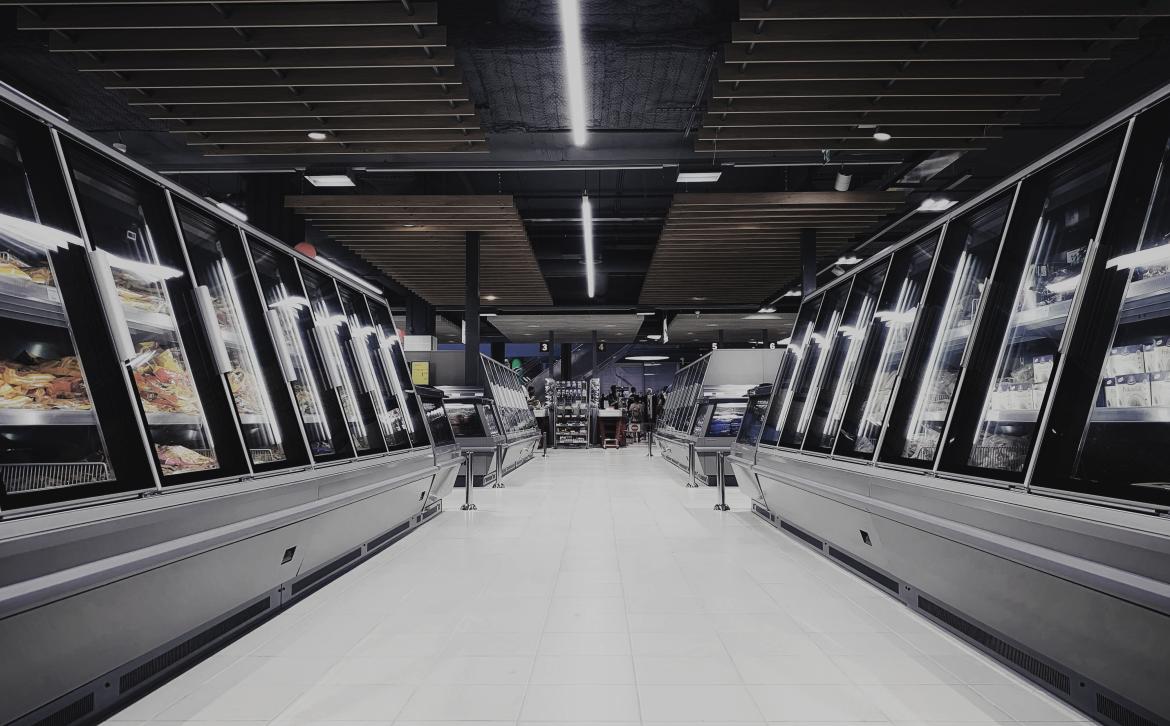
BACKGROUND AND FACTS OF THE CASE
In 2015 and 2016, the company A/S Vestfrost ("Vestfrost") sold a large number of refrigerators to Coca-Cola, Germany, which then leased them to kiosks and retail stores for customers' self-service.
In mid-June 2017, Coca-Cola notified Vestfrost that two refrigerators had defects. The defects consisted in the fact that a screw had pierced a live wire, whereafter the screw became electrically live, causing the risk that people who touched the screw could get electric shocks ("Defect 1").
About a month later, a third refrigerator, with a relay turned off, also had a defect. This defect consisted of the fact that a wire had touched a hot copper pipe, after which the wire's insulation had melted. The wire was thus exposed, which had led to a short circuit ("Defect 2").
In agreement with Vestfrost, Coca-Cola immediately, after the finding of Defect 1 and again after Defect 2, contacted the customers and asked that the refrigerators' power be cut off. It was also agreed that Coca-Cola's technicians – at Vestfrost's expense – would carry out inspections of the refrigerators and repair the refrigerators that had the defects in question. In 2018, Vestfrost and Coca-Cola reached a settlement in the case, after which Vestfrost paid a total of 768,000 euros to Coca-Cola.
Vestfrost had taken out business and product liability insurance with Zurich Danmark Filial af Zurich Insurance PLC, Ireland ("Zurich"). The insurance had been extended to cover product recall expenses as well. Vestfrost reported its claim to Zurich immediately after they learned that the refrigerators had defects. However, Zurich rejected the claim.
Subsequently, Vestfrost brought an action before the Copenhagen City Court claiming that Zurich should pay the consideration in Danish kroner of 768,000 euros (corresponding to the settlement amount less the deductible amount). Zurich contended that the action should be dismissed.
Copenhagen City Court found that the repair of the defects in the refrigerators was covered by the policy, why Zurich was also obliged to pay the costs of inspecting and repairing the refrigerators. However, the court found that the amount should be set at an estimated 600,000 euros (corresponding to the amount that a witness from Vestfrost had explained during the main hearing of the case, the costs should have been).
Zurich, however, appealed against the judgment to the Danish Eastern High Court, claiming dismissal of the claim. Vestfrost requested that Zurich pay Vestfrost the equivalent in Danish kroner of 768,000 euros less the deductible amount.
JUDGMENT OF THE EASTERN HIGH COURT
The Eastern High Court noted at the outset that the case first concerned whether and, if so, to what extent Vestfrost's expenses to Coca-Cola were covered by the combined business and product liability insurance taken out with Zurich.
In that regard, the High Court noted that it was apparent from Section 4(2) of the general insurance conditions that if there is an immediate danger that an injury covered by the insurance will occur, the insurance covers the expenses associated with carrying out the measures necessary to prevent the danger. However, according to subsection 3 of the provision, the insurance does not include expenses related to taking home or repairing defective products or expenses associated with an inspection of whether a product is defective or whether the above-mentioned danger exists.
The High Court considered that both Defect 1 and Defect 2 entailed an immediate danger that the refrigerators in continued operation could cause damage to persons or things covered under the general insurance conditions. The High Court further held that expenses for carrying out the measures necessary to avert the danger could be limited to expenses to ensure that the refrigerators were taken out of operation, which was done by Coca-Cola's notification to the shops involved.
Coca-Cola had calculated the cost of information to the retail stores in connection with Defect 1 at 25,818 euros, whereas no expense had been specified for information in connection with Defect 2. The High Court then found that the expenditure of a total of EUR 25,818 was covered under the general insurance conditions.
The question was then whether Vestfrost was entitled to additional insurance compensation for expenses incurred in connection with the inspection of the refrigerators and the repair of defects in these, in accordance with the special terms of the insurance contract on coverage for product recalls or expenses.
The High Court found that the immediate risk of damage covered by the product liability insurance was averted by instructing the retail shops with refrigerators to take the refrigerators out of service so that, for this reason, there was no coverage for any additional expenses incurred under the extended coverage for product recall expenses.
Therefore, the High Court reversed the district court's judgment so that Vestfrost's claim was upheld with the consideration in Danish kroner of 25,818 euros (less a deductible amount of DKK 50,000).
After being granted permission by the Danish Appeals Permission Board, Vestfrost appealed the judgment handed down by the Eastern High Court to the Supreme Court with the same claim as before High Court. Zurich claimed that the judgement of the Eastern High Court should be upheld.
THE JUDGMENT OF THE SUPREME COURT
Before the Supreme Court, the case concerned Vestfrost's remaining claim of 742,182 euros, which related to the costs of inspecting the refrigerators – and thus not the cost of information to the retail stores in connection with Defect 1. Before the Supreme Court, the parties agreed that the inspection costs incurred were not covered in under the general insurance conditions of the business and product liability insurance. The question before the Supreme Court was then only whether the expenses for inspection were covered by the business and product liability insurance's extended coverage for product recall expenses.
Vestfrost argued before the Supreme Court, among other things, that the extended coverage includes the effective mitigation of a potential risk of the product causing damage. According to Vestfrost, the decisive factor for the coverage under the extended insurance was whether it was reasonable and necessary either to take home the refrigerators or to carry out a quick extraordinary inspection on site. Vestfrost argued that the measures had undoubtedly been necessary since, without inspection and checks, there would still have been a risk of significant injury and fire.
To the above, Zürich argued that the purpose of the extended coverage was to cover expenses associated with the "logistical part" of a product recall – and thus situations where the manufacturer is forced to recall a defective product from the market because of the lack of product safety makes it necessary. Zürich argued that this was not the case and that the claim filed was, therefore, of the nature of a claim for defects under purchase law which was not covered by the extended coverage.
The Supreme Court initially noted that it was stated in the terms of the insurance that compensation is granted for the recall of a product when such costs are incurred because of claims being made against the insured regarding the product in question, and this is important for averting damage covered by the product liability insurance that the recall of the product takes place. The costs for this are defined in the terms of the insurance as reasonable and necessary costs, but only when these costs have been incurred for the purpose of recalling the insured's products.
Further to this, the Supreme Court stated:
"The risk of product liability damage was averted by the instructions to the stores to cut off the power to the refrigerators. Vestfrost did not recall the refrigerators but left them without power in stores. Vestfrost then initiated inspections of the refrigerators, which were carried out by Coca-Cola's technicians, who at the same repaired the refrigerators that had the defects in question.
In these circumstances, the Supreme Court finds that the costs of inspecting the refrigerators are not covered by the coverage under the extended business and product liability insurance. In this connection, it should be noted that the insurance does not cover the costs of investigations carried out with the aim of repairing any defects under purchase law".
On these grounds, the Supreme Court then upheld the judgment of the High Court.
The judgments from the Copenhagen City Court, the Eastern High Court, and the Supreme Court can be found here.
NJORD'S COMMENTS
The case from the Supreme Court is interesting as it relates to the issue of (lack of) insurance coverage for inspection costs under a business and product liability insurance extended coverage for product recall costs, and as case law in this area is seen to be sparse.
The ruling from the Supreme Court generally shows that it is initially up to an insured company to prove that the conditions for insurance coverage are met. As in other similar coverage cases, it is in this connection absolutely decisive what has been specifically agreed with the insurance company, including in particular the content and wording of the insurance conditions.
On this point, the judgment of the Supreme Court is seen to be in line with previous practice in this area, including the Supreme Court's judgment of 5 October 2011 in cases 400/2008 and 406/2008 (Plumrose judgment), where the Supreme Court also placed decisive emphasis on the wording and content of the insurance terms.
However, the judgement of the Supreme Court also illustrates and clarifies the difficult – business and legal – dilemma that a company, in general, will face when the company is aware of a danger or the risk of a product placed on the market by the undertaking. In such a case, in the vast majority of cases, the company will be forced to react – not only from a purely commercial point of view but in many cases also from a legal point of view.
If a company by otherwise prudent conduct has thus contributed to a dangerous situation (for example, by placing a defective/dangerous product on the market), the company will, in principle, also be at risk of incurring liability if the company is aware of the defect and the dangers associated with it, but nevertheless does not take measures to prevent the danger and any damage. In other words, a company has a duty to take measures to counteract and avert potential damage. A breach of the duty to act will, in principle, be able to trigger liability for damages under the general rules of tort law if an injury occurs.
In addition to the risk of incurring independent liability for missing or insufficient loss mitigation and avoidance measures, a company will also be at risk of losing the right to insurance coverage if the company deliberately fails to take action against defective or dangerous products that the company has placed on the market. Therefore, from an insurance law view perspective, an undertaking will usually also be obliged to take loss-mitigating and hazard mitigation measures in order not to risk losing the right to insurance coverage.
In addition to being subject to a legal - tort and insurance law - obligation to take loss-limiting and risk-reducing measures, a predominant part of Danish production and trading companies are also subject to certain obligations pursuant to, for example, the Danish Product Safety Act, which will usually also require action - and not omission – by the companies concerned.
In addition to the various legal considerations, as mentioned, there are also the obvious commercial considerations, which a company must necessarily also consider and act quickly if the company becomes aware that the company has put a defective or dangerous product on the market. For a company, it will thus often be a difficult dilemma to face, and it is recommended in any case to involve its insurance company early in the process - and not wait until afterwards.
NEED MORE INFORMATION?
NJORD Law Firm is a highly specialised law firm with several specialists in areas such as insurance and tort law, including extensive experience in product liability and recall cases.
You are always welcome to contact our lawyers by phone or email.


